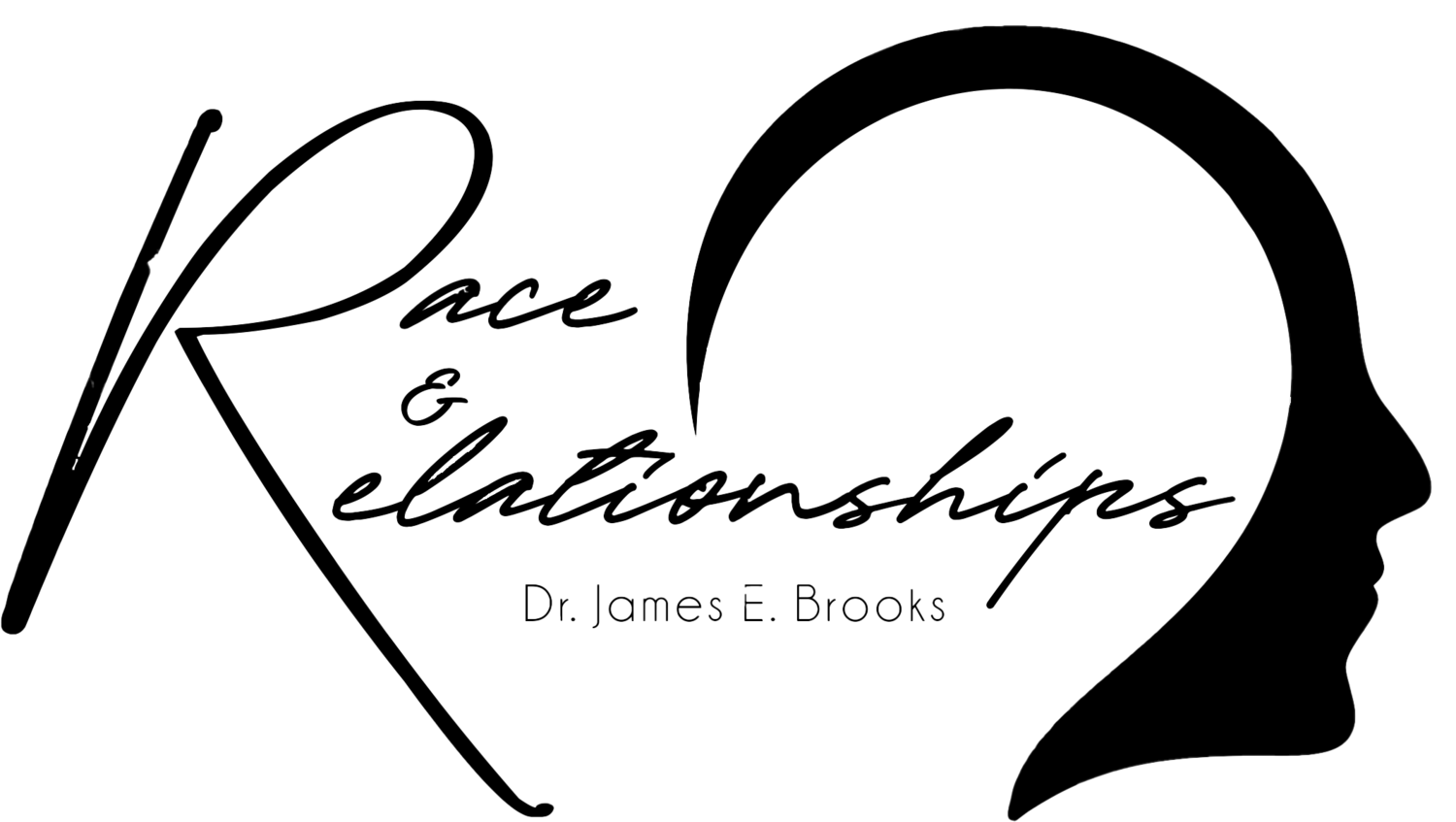Social Support’s Impact on Commitment: Stronger for Women in Interracial vs. Same-race Relationships
Creating a sense of community is a lifelong process. Across geographic re-locations, evolving family dynamics, and predictable changes in our social and emotional needs, we all need somebody to to lean on. Whether in our lives for a reason, a season, or a lifetime important and even unimportant others have an influence on many aspects of our lives, our relationships are no different. At Race and Relationships we wondered how social networks influence romantic relationships.
We explored the responses of 171 women in heterosexual relationships - 114 had a partner of the same race and 57 had a partner of a different race.[1]. They were asked to reflect on how their commitment to their current relationship changed overtime and how approving and encouraging members of their social network were of the romantic relationship. , women whose partner was a different race
We found that women reported greater commitment to their relationship over time before reaching 100% commitment - no real surprise there. The illuminating part is what we found when we explored the possibility of differences. As women with different race partners felt greater approval and encouragement for their relationship, they also reported a faster growth in commitment compared to women in same-race relationships. Essentially, if women in interracial relationships felt supported at the time of the interview, they remember becoming more committed faster than their same-race counterparts.
But why is this?
One way of understanding our findings is through Label Theory. Label Theory holds that those who deviate from the developed customs of a society are labeled as deviant [2]. (Kitsuse, 1962). Though interracial relationships are growing in number, same-race relationships are still the societal norm. This marginalized status in combination with the reality that women face greater scrutiny for their romantic partner choices than men (in a heterosexual context) [3].(Frankenberg & Chase, 1995) may result in social support being especially welcomed for women who have been given a negative social label because of their partner choices.
Take our findings and those of other scholars who have found that more support from the female partner’s social network predicted greater relationship stability and not the male partner’s network[4], and that the evaluations from the female partner’s network of the relationship (again not the male partners) were better predictors of whether the couple remained together (when compared to the male partner’s and the couple’s joint network)[5], then it becomes quite evident “Who runs the ‘ship…Girls!” - Yes, admittedly, that was a very bad reference to Queen Bey. I truly hope I’ve not disturbed the BeyHive…
…it becomes quite evident “Who runs the ‘ship… GIRLS!
For the curious, the male counterparts in the study also reported growths in commitment over time, but there was not the difference based on relationship type found among women.
So what is the take home message?
Given that participants were reflecting back over the entire course of their relationship and were not reporting as the relationship progressed, we have to acknowledge that there is some room for bias. However, it can be safe to conclude that the way we support partners decisions now impacts how they perceive the development of their relationships in a way can transcend time. Queue the sci-fi effects.
[1] James E. Brooks & Brian G. Ogolsky (2017) Effects of Network Approval on Accounts of Commitment Trajectories in Intraracial and Interracial Relationships, Marriage & Family Review, 53:4, 347-364, DOI: 10.1080/01494929.2016.1184210
[2] Kitsuse, J. I. (1962). Societal reaction to deviant behavior: Problems of theory and method. Social Problems, 9, 247–256. doi:10.1525/sp.1962.9.3.03a00060
[3] Frankenberg, R., & Chase, S. E. (1995). White women, race matters: The social construction of whiteness. Gender and Society, 9, 259–260.
[4] Sprecher, S., & Felmlee, D. (1992). The influence of parents and friends on the quality and stability of romantic relationships: A three-wave longitudinal investigation. Journal of Marriage and the Family, 54, 888–900. doi:10.2307/353170
[5] Agnew, C. R., Loving, T. J., & Drigotas, S. M. (2001). Substituting the forest for the trees: Social networks and the prediction of romantic relationship state and fate. Journal of Personality and Social Psychology, 81, 1042–1057. doi:10.1037/0022-3514.81.6.1042
